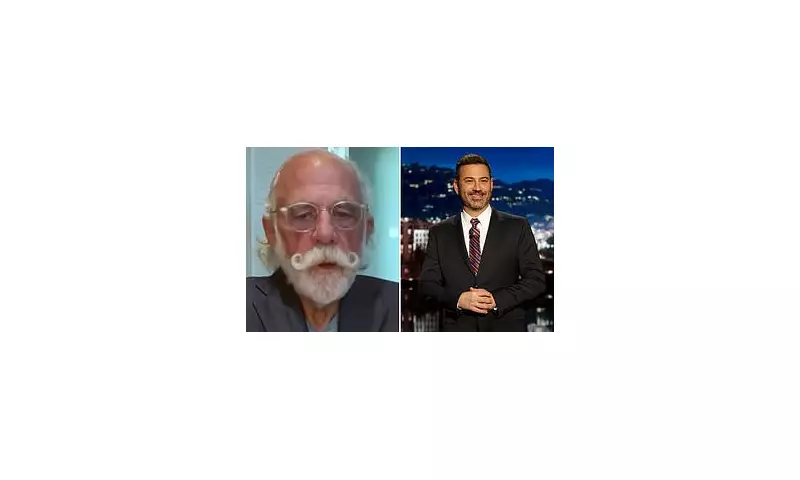
Former White House counsel Ty Cobb has unleashed a political firestorm after drawing a deeply controversial parallel between late-night host Jimmy Kimmel and Nazi Germany's notorious propaganda minister Joseph Goebbels.
The astonishing comparison emerged during Cobb's appearance on CNN, where he defended Donald Trump against Kimmel's relentless on-air mockery. The veteran lawyer claimed the ABC host's jokes constituted "psychological abuse" reminiscent of tactics employed in 1930s Germany.
Psychological Warfare or Comedy?
Cobb's inflammatory remarks suggested Kimmel's comedy segments were strategically designed to "dehumanise" the former president, drawing what many historians would consider an inappropriate and dangerous equivalence to Nazi-era psychological operations.
"He compared the situation to Nazi Germany, where he said people would be dehumanised before they would be murdered," Cobb stated during the televised interview, creating immediate backlash across social media and political circles.
Social Media Erupts
The reaction was swift and severe, with commentators and public figures condemning the comparison as historically ignorant and dangerously inflammatory. Many questioned the appropriateness of invoking Nazi propaganda imagery in contemporary political discourse.
Critics were particularly scathing about the comparison given Goebbels' role in orchestrating the systematic dehumanisation that preceded the Holocaust. The remark was widely seen as trivialising one of history's darkest chapters for political point-scoring.
Context of the Controversy
The explosive comments come amid ongoing tensions between Trump and the late-night entertainment industry. Kimmel has been particularly vocal in his criticism of the former president, employing sharp satire that clearly continues to rankle Trump's inner circle.
This incident raises serious questions about the boundaries of political rhetoric and the increasing tendency to invoke historical atrocities in modern American political debates. As the 2024 election cycle approaches, observers worry such incendiary comparisons may become increasingly normalised.
The controversy continues to develop across news networks and social media platforms, with no sign of abatement as both sides dig in for what promises to be another highly charged political season.






